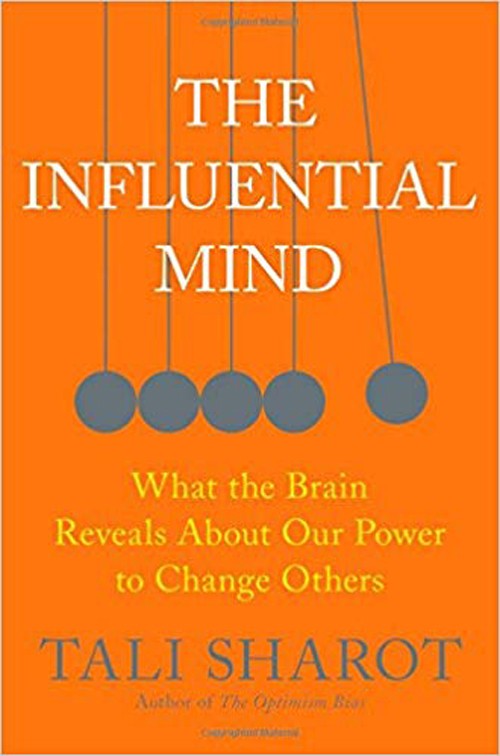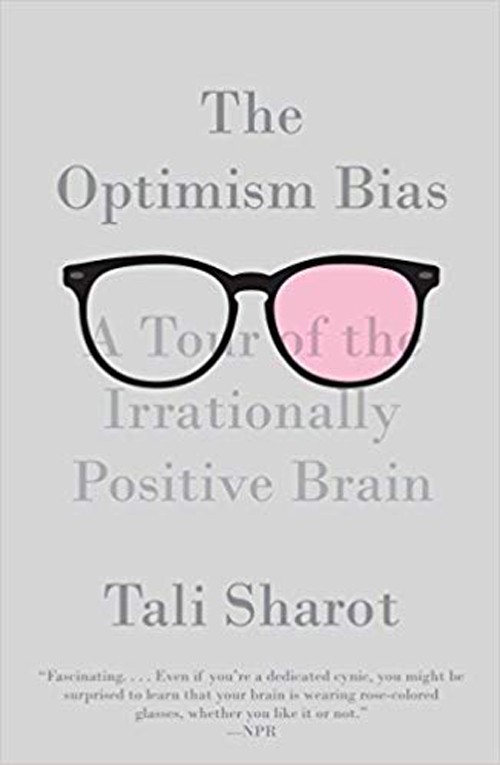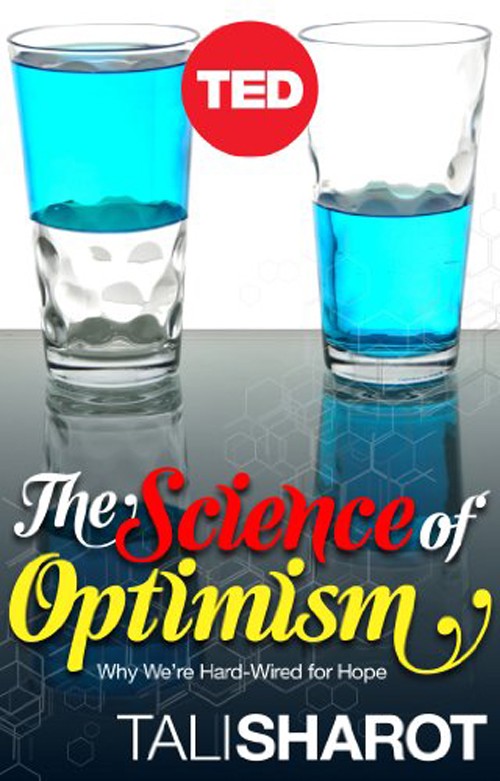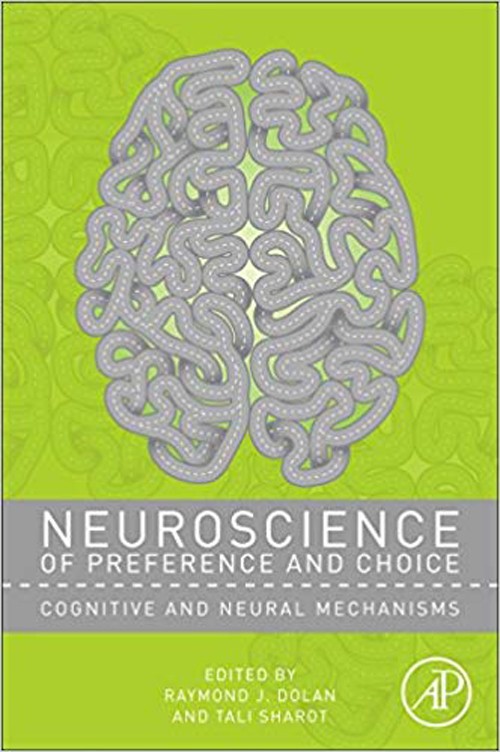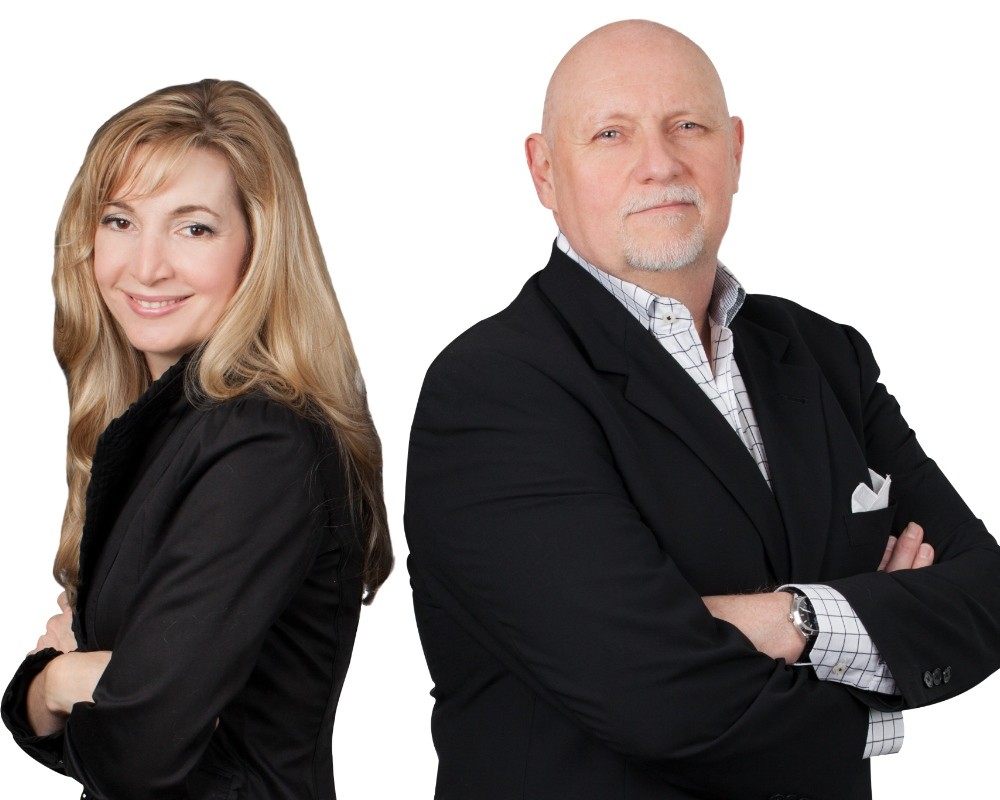Tali Sharot is the director of the Affective Brain Lab. She is a Professor of Cognitive Neuroscience in the department of Experimental Psychology at University College London and a Wellcome Trust Senior Research Fellow. Prof. Sharot holds a BA in Economics and Psychology from Tel Aviv University and a PhD from New York University. Sharot has held fellowships from the British Academy and the Forum of European Philosophy. Her research integrates neuroscience behavioral economics and psychology to study how emotion influences people’s beliefs, decisions and social interactions. She has received awards in recognition of this work include the British Psychological Society Book Award and the Society for Neuroeconomics Early Carer Award, among others.
Before becoming a neuroscientist Sharot worked in the financial industry for a few years and completed her national mandatory service in the Israeli air force. Sharot has authored several books including The Influential Mind: What the Brain Reveals About Our Power to Change Others (Henry Holt, 2017) and The Optimism Bias: A Tour of the Irrationally Positive Brain (Pantheon, 2011). Her papers have been published in Nature, Science, Nature Neuroscience, Psychological Science, and many others – and she has been featured in numerous outlets and written for The New York Times, Time magazine, The Washington Post, CNN, the BBC and more.
Prof. Sharot’s keynote speaking audiences include Google, Microsoft, Goldman Sachs, Prudential, Citibank, Deloitte & Touche, PIMCO, Vail resorts, Johnson & Johnson, The European Parliament and the World Economic Forum, among many others. She lives in Boston and London with her husband and children.



